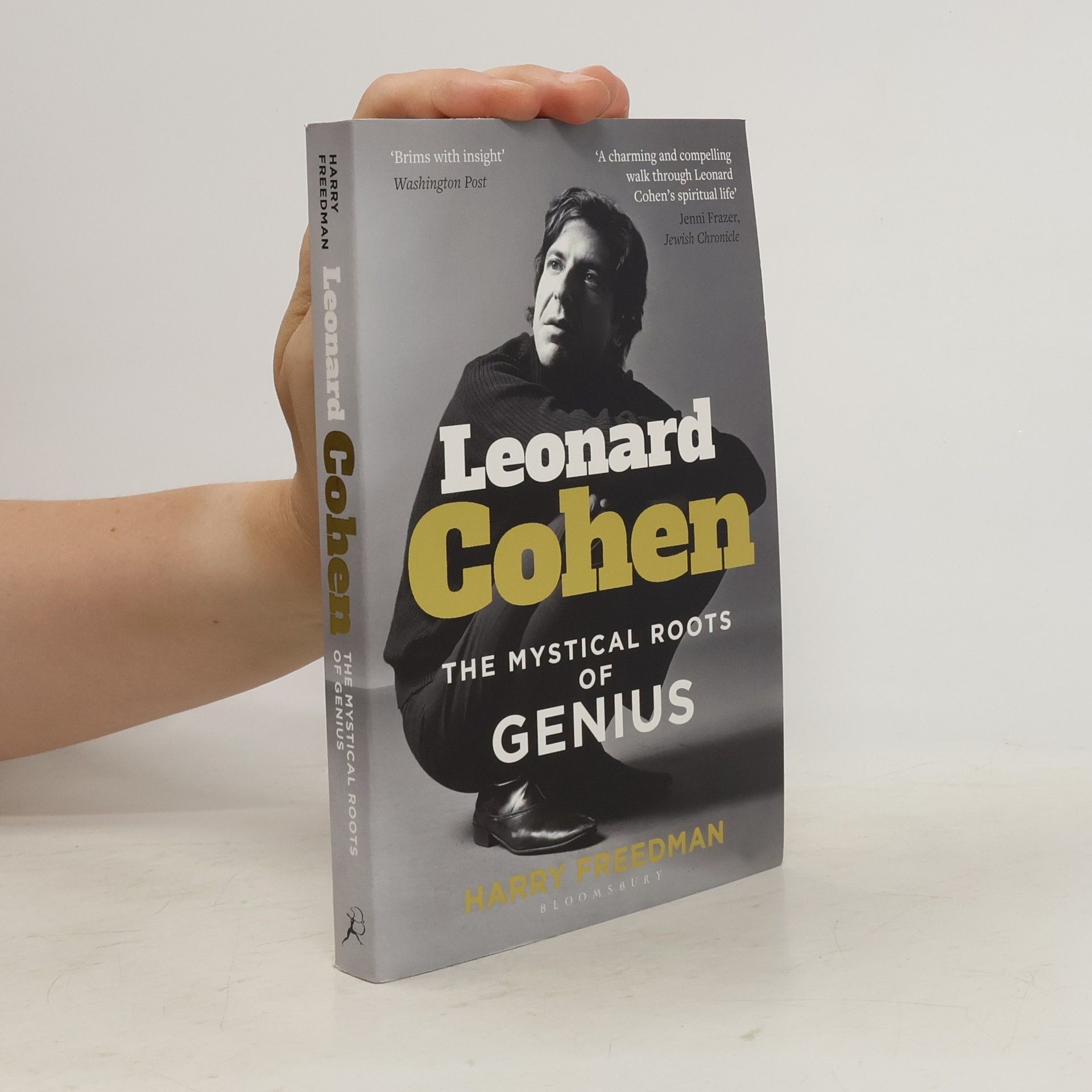Reason to Believe
- 304 Seiten
- 11 Lesestunden
Louis Jacobs was Britain's most gifted Jewish scholar, a Talmudic genius and accomplished author, widely expected to become the next Chief Rabbi. However, controversy erupted when the Chief Rabbi refused to appoint him as Principal of Jews' College and barred him from returning to his former synagogue. This backlash stemmed from a book Jacobs had written, which challenged traditional beliefs about the origins of the Torah from a rational perspective. The British Jewish community was deeply divided, and the scandal garnered significant media attention. Jacobs emerged as a symbol of reason and integrity, refusing to compromise his beliefs. His congregation resigned en masse, establishing a new synagogue in Abbey Road, a hub for Jews seeking thoughtful answers to faith-related questions. A prolific author of over 50 books and numerous articles covering various aspects of Judaism, Jacobs captured the affection of the mainstream British Jewish community. When the Jewish Chronicle conducted a poll to find the Greatest British Jew, Jacobs won decisively, though he humbly remarked it made him feel daft. This narrative reveals the dramatic and poignant journey of Louis Jacobs and the emotional toll on his family due to his rejection.

